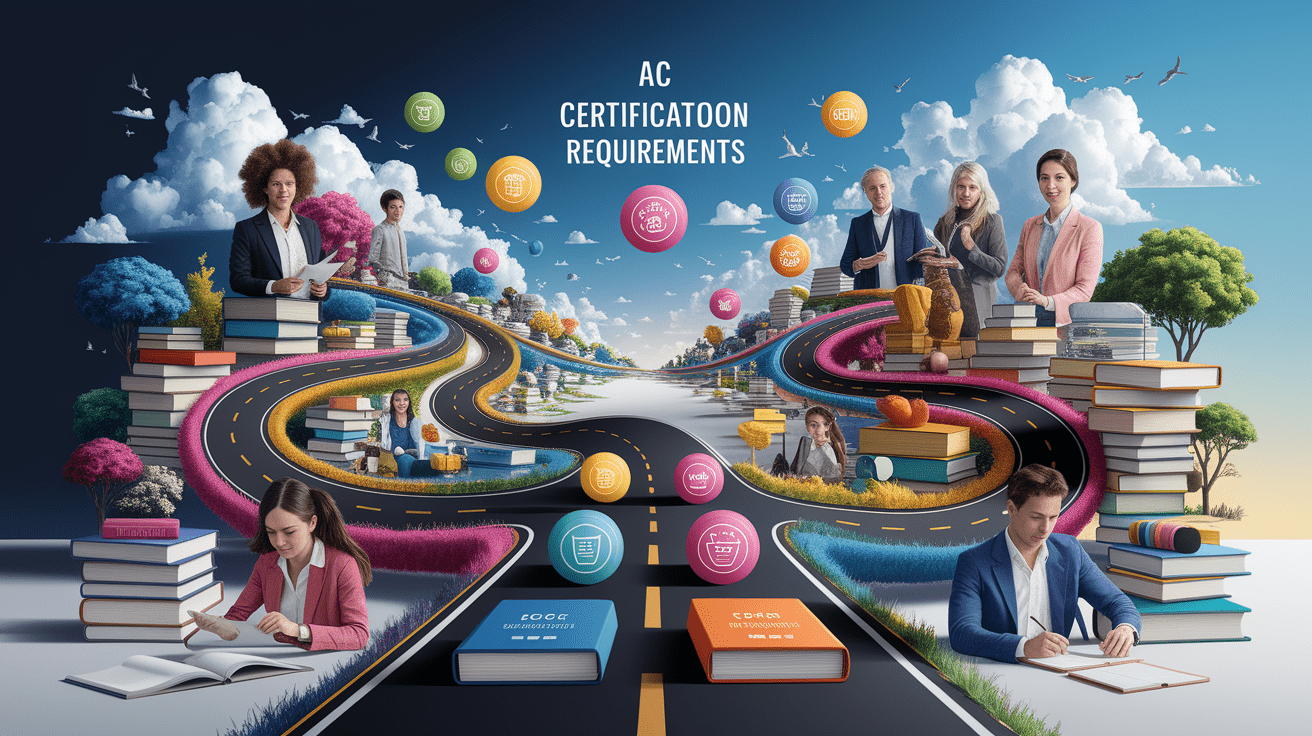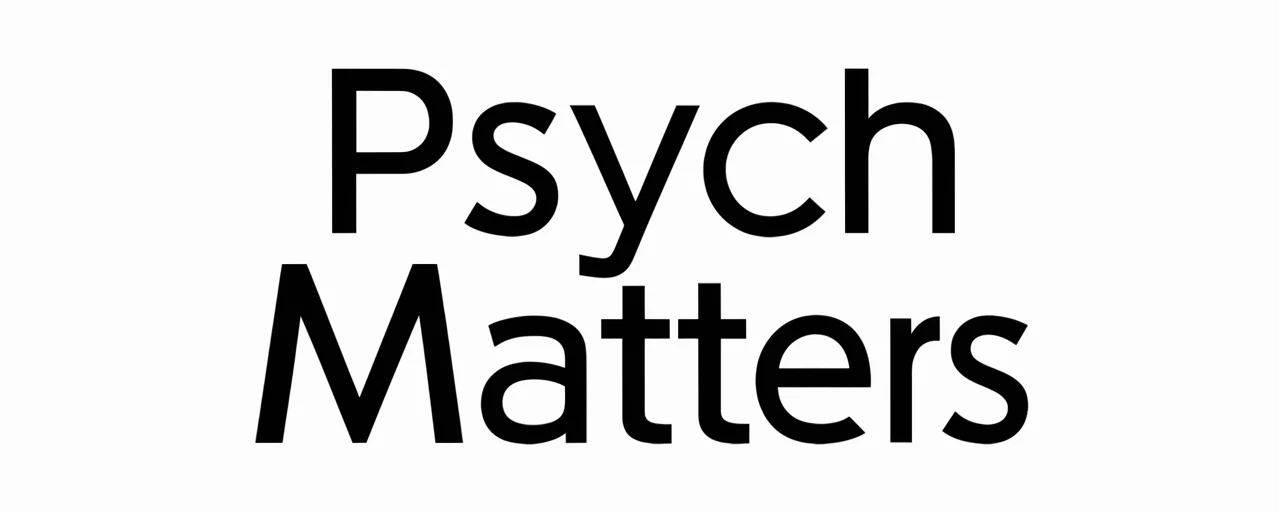Understanding Licensed Psychological Associates (LPAs) in Psychology
Navigating the various credentials within the mental health field can be complex. While many are familiar with licensed psychologists, a crucial and distinct role is that of the Licensed Psychological Associate (LPA). Grasping what an LPA in psychology is, what they do, and how they contribute to mental healthcare is essential for anyone seeking services or considering a career in the field. This article provides a comprehensive overview of the LPA, from their educational requirements to their vital role in supporting community well-being.
Crack the Code: What is an LPA in Psychology?
A Licensed Psychological Associate (LPA) is a master’s-level mental health professional who delivers psychological services under the direct supervision of a licensed psychologist. The role is often compared to that of a physician’s assistant in the medical world; LPAs are highly trained practitioners who extend the reach and availability of psychological care. They operate within the scientific nature of psychology, applying established principles to assess and treat clients.

The core of the LPA role is to provide essential services that support the diagnostic and therapeutic work of a supervising psychologist. By handling key tasks, they allow for a more efficient and accessible mental healthcare model, ensuring more individuals can receive timely and effective support. The specific scope of practice for an LPA is defined by state licensing boards, but their function is consistently focused on direct client service.
Role and Responsibilities of an LPA
The daily responsibilities of a Licensed Psychological Associate are diverse and directly impact client care. Their work requires a deep understanding of human behavior and mental processes to effectively carry out their duties. According to professional resources like Quill Therapy Notes, these responsibilities commonly include:

- Psychological Testing and Assessment: LPAs are often trained to administer and score a variety of psychological tests. These assessments can measure cognitive abilities, personality traits, emotional functioning, and other psychological attributes. This work is foundational to diagnosis and treatment planning and relies on a strong grasp of psychometric principles.
- Counseling and Therapy: LPAs provide individual and group therapy services. They may utilize various different psychological theories and approaches, such as cognitive-behavioral therapy (CBT) or psychodynamic therapy, to help clients manage mental health conditions, cope with life stressors, and improve their well-being.
- Behavioral Assessments: They conduct behavioral observations and assessments in settings like schools or clinics to understand and address challenging behaviors. This is particularly valuable in working with children and individuals with developmental disabilities.
The LPA role is vital for increasing access to mental health services, acting as a bridge between community needs and the specialized expertise of doctoral-level psychologists.
Educational Path and Certification Requirements
Becoming an LPA involves a rigorous educational and training process designed to ensure a high standard of care. The specific requirements can vary by state, but a general framework applies. For instance, as outlined by myPOCTherapy for licensure in Texas, the pathway typically includes:

- Master’s Degree in Psychology: An aspiring LPA must earn a master’s degree from an accredited institution. This program must consist of at least 60 semester credit hours.
- Supervised Clinical Experience: The graduate program must include a significant practical component, usually at least six credit hours of a practicum, internship, or another structured experience supervised by a licensed psychologist.
- National and State Examinations: Candidates must pass two critical examinations. The first is the Examination for Professional Practice in Psychology (EPPP), which is a national exam covering core knowledge in psychology. The second is a Jurisprudence Examination, which tests knowledge of the state’s laws, rules, and regulations governing the practice of psychology.
This stringent process ensures that LPAs possess the theoretical knowledge and practical skills necessary to provide safe and effective psychological services.
Supervision Structure and Independence Pathway
A defining feature of the LPA license is the supervision requirement. An LPA must practice under the official supervision of a licensed psychologist who oversees their work, provides guidance, and assumes ultimate responsibility for the client’s care. This structure ensures quality control and continuous professional development for the LPA.

However, many jurisdictions offer a path toward more autonomous practice. As detailed by sources like myPOCTherapy and edX, an LPA can apply for an independent practice designation (often noted as LPA-IP) after meeting substantial experience requirements. This typically involves:
- Accruing a minimum of 3,000 hours of post-graduate supervised experience.
- Completing these hours within a specific timeframe, such as 24 to 48 consecutive months.
- Submitting a formal application to the state’s psychology board for independent practice authority.
An LPA with independent practice authority can provide non-clinical services without supervision and may have a more autonomous role in a clinical setting, though the specifics remain governed by state law.
Typical Work Settings for LPAs
Licensed Psychological Associates work in a wide array of settings, bringing their skills to diverse populations. Their ability to provide core psychological services makes them valuable assets across the healthcare and educational landscapes. Common work environments include:

- Hospitals and mental health clinics
- Private psychology practices
- Schools and universities
- Community mental health centers
- Rehabilitation facilities
- Research institutions
In these settings, LPAs contribute to multidisciplinary teams, helping to conduct assessments, deliver therapy, and implement treatment plans that promote mental health and behavioral change.
Stepping Forward: The LPA’s Impact in Psychology
The role of the Licensed Psychological Associate represents a significant and growing component of the mental healthcare system. By creating a career path for master’s-level practitioners, the LPA license helps address the critical shortage of mental health providers. They increase the capacity of private practices and public clinics, reducing wait times and making psychological services more accessible to underserved communities. Their work in therapy and intervention directly facilitates positive client outcomes, leveraging the brain’s capacity for change, a concept known as neuroplasticity. As the demand for mental health support continues to rise, the impact and importance of LPAs in the field of psychology will only become more pronounced.
Key Takeaways
- Definition: A Licensed Psychological Associate (LPA) is a master’s-level mental health professional who works under the supervision of a licensed psychologist to provide psychological testing, assessment, and therapy.
- Education: To become an LPA, one must earn a master’s degree in psychology (60+ credit hours), complete supervised clinical training, and pass both the national EPPP and a state jurisprudence exam.
- Supervision is Key: LPAs must practice under the supervision of a licensed psychologist, though a pathway to independent practice is often available after completing thousands of additional supervised hours.
- Core Responsibilities: Their primary duties include administering and scoring psychological tests, providing individual and group counseling, and conducting behavioral assessments.
- Crucial Role: LPAs are vital to the mental health ecosystem, increasing access to care and providing essential support services in a variety of settings like clinics, hospitals, and schools.







